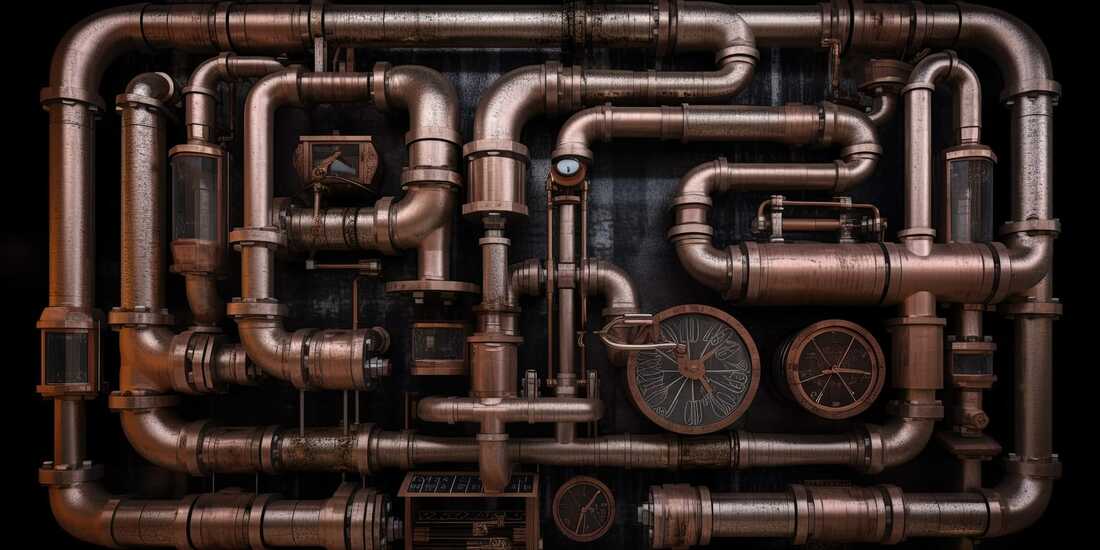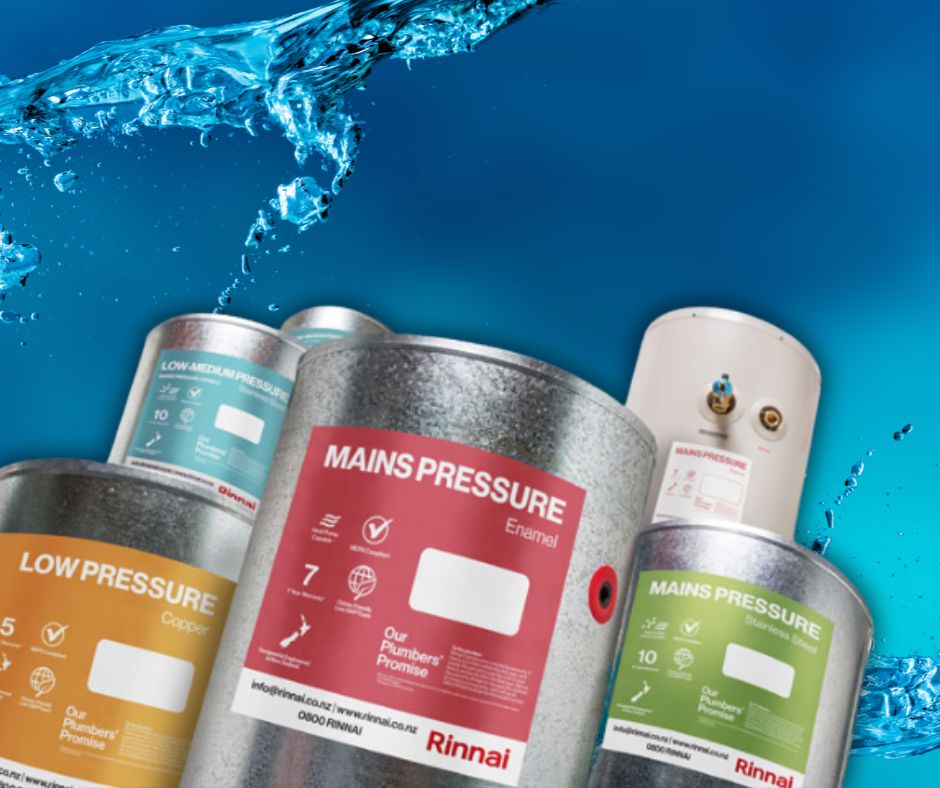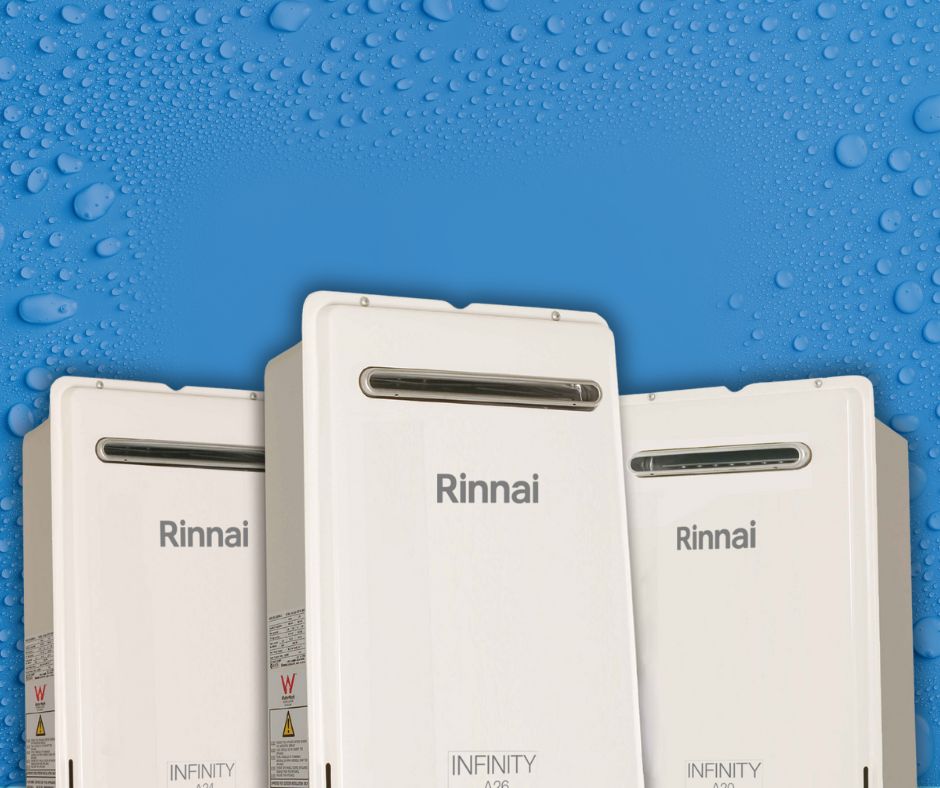|
Are you curious about how hot water cylinders work? If you're a homeowner in Wellington, understanding the inner workings of this essential water heating system can help you make informed decisions about your plumbing needs. In this comprehensive guide, we'll look into the fascinating world of hot water cylinders, exploring their functionality and different types and how they compare to alternative heating methods like gas and electric systems and hot water heat pumps. As a trusted plumber in Wellington, Maxey Plumbing & Gas is here to provide you with all the information you need to ensure that your hot water needs are met efficiently and effectively. The Basics: How Hot Water Cylinders FunctionHot water cylinders play a vital role in providing a consistent supply of hot water to your home. Like an electric jug, these cylinders rely on an element and a thermostat to heat and maintain the water at the desired temperature. When hot water is used, cold water enters the cylinder, triggering the thermostat to activate the element and heat the water to the set temperature. This constant process ensures that you have a reliable hot water supply whenever you need it. One of the most common types of hot water cylinders in New Zealand is the traditional electric cylinder. However, there are also other options available, including gas-powered cylinders, solar energy systems, heat pumps, and wetback systems. Each method has its advantages and considerations, which we'll explore in more detail later. Components of a Hot Water CylinderTo better understand how hot water cylinders work, familiarising yourself with their key components is important. Here are the main elements you'll find in a typical hot water cylinder: The Storage Tank Modern hot water cylinders usually contain a steel inner cylinder lined with glass or vitreous enamel, insulation, and a steel outer lining. In some cases, low-pressure tanks may have a copper lining. The storage tank is where the hot water is stored and kept at the desired temperature until it is needed. The Thermostat The thermostat is responsible for regulating the water temperature inside the storage tank. It acts as a thermometer, ensuring that the water is heated to the desired temperature and maintaining it within a safe range. The thermostat is fully automatic, meaning it only activates the heating element when necessary. The Heating Element The heating element, typically an immersion heater, is located inside the storage tank. It generates the heat needed to raise the water temperature to the desired level. Some hot water cylinders have two heating elements, each controlled by its own thermostat, providing added flexibility and energy efficiency. The Temperature Pressure Relief Valve The temperature pressure relief valve is a crucial safety feature of a hot water cylinder. It protects the cylinder from excessive pressures and temperatures, preventing potential damage to the system and your property. Regular maintenance and inspection of this valve are essential to ensure its proper functioning. The Anode Rod To prevent corrosion and prolong the lifespan of the storage tank, hot water cylinders are equipped with an anode rod. This sacrificial piece of metal, usually made of magnesium or aluminium with a steel core, attracts corrosive elements in the water, protecting the tank from deterioration. The Drain Valve The drain valve allows you to empty the hot water cylinder for maintenance, repairs, or replacement. Proper procedures must be followed when using the drain valve to prevent damage and ensure the safety of your system. Types of Hot Water CylindersHot water cylinders come in various types, each offering unique benefits and considerations. Let's take a closer look at the most common options available: Electric Hot Water Cylinders Electric hot water cylinders are widely used and have been a popular choice in New Zealand for many years. They are relatively affordable to install and maintain, making them a practical option for many homeowners. Electric cylinders rely on an electric element to heat the water, ensuring a consistent hot water supply throughout the day. Gas Hot Water Cylinders Gas hot water cylinders, powered by natural gas or LPG, are an alternative to electric systems. They are known for their quick heating capabilities and energy efficiency. Gas cylinders are particularly suitable for larger households with high hot water demand, as they can deliver hot water at a faster rate than some electric systems. However, they do require a gas supply connection. Solar Hot Water Systems Solar hot water systems harness the sun's power to heat the water in your cylinder. These systems consist of solar thermal panels that capture and transfer solar energy to the water through a heat exchanger. Solar hot water systems are environmentally friendly and can significantly reduce your energy bills. However, they require an initial investment and are dependent on sunlight availability. Heat Pump Hot Water Systems Heat pump hot water systems are an increasingly popular choice for homeowners looking for energy-efficient options. These systems work by extracting heat from the air or ground and transferring it to the water in the cylinder. Although they can be more expensive to install, heat pump systems offer significant long-term energy savings. Wetback Systems Wetback systems utilise excess heat from a wood-burning fireplace or stove to heat the water in the cylinder. This method is an environmentally friendly option, as it utilises renewable energy sources. However, wetback systems are not suitable for every home and require careful consideration of installation and compatibility. Benefits of Different Hot Water Cylinder TypesNow that we've explored the various types of hot water cylinders let's compare their benefits and considerations: Electric Hot Water Cylinders
Maintenance and Efficiency TipsRegular maintenance of your system is essential to ensure the optimal performance and longevity of your hot water cylinder. Here are some tips to keep your system running efficiently: Regular Inspection and Maintenance Schedule regular inspections and maintenance with our team at Maxey Plumbing & Gas. We are qualified plumbers who can detect potential issues early on. This includes checking for leaks, testing the temperature pressure relief valve, and inspecting the anode rod for corrosion. Check for Leaks Keep an eye out for any signs of leaks, such as water dripping from the cylinder or valves. Leaks can lead to water and energy wastage, so prompt repairs are crucial. Insulate the Cylinder and Pipes Proper insulation of the hot water cylinder and pipes can significantly reduce heat loss, improving energy efficiency. Consider installing cylinder wraps and pipe insulation to minimise heat dissipation. Set the Temperature Appropriately Ensure that your hot water cylinder is set to the recommended temperature of 60 degrees Celsius to prevent bacterial growth while maximising energy efficiency. However, consult professionals like our team at Maxey Plumbing & Gas to determine the optimal temperature for your specific needs. Efficient Water Usage Being mindful of your hot water usage can further enhance efficiency and reduce energy consumption. Consider shorter showers, using eco-friendly settings on appliances, and fixing any leaks promptly. By following these maintenance and efficiency tips, you can optimise the performance of your hot water cylinder, reduce energy wastage, and ultimately save on your power bills. Choosing the Right Hot Water Cylinder for Your HomeWith various options available, selecting the right hot water cylinder for your home can be overwhelming. Here are some factors to consider when making your decision:
ConclusionUnderstanding how hot water cylinders work and the different types available is essential for homeowners in Wellington. Whether you opt for an electric, gas, solar, heat pump, or wetback system, each offers specific benefits and considerations.
Considering factors such as energy efficiency, installation requirements, and your sustainability goals, you can make an informed decision that meets your hot water needs while minimising energy consumption and reducing costs. Consult with a trusted plumber, like Maxey Plumbing & Gas, to ensure a seamless installation and ongoing maintenance of your hot water cylinder. With their expertise and your newfound knowledge, you can enjoy the benefits of a reliable and efficient hot water supply for the future. Disclaimer: The information provided in this article is for informational purposes only. It is always recommended to consult with a qualified plumber or professional, such as our team at Maxey Plumbing & Gas, before making any decisions regarding your hot water system. Need help with your hot water system? Get in touch with us at Maxey Plumbing & Gas Email - [email protected] Phone - 04 390 0135 Comments are closed.
|
Need a Plumber?
|


